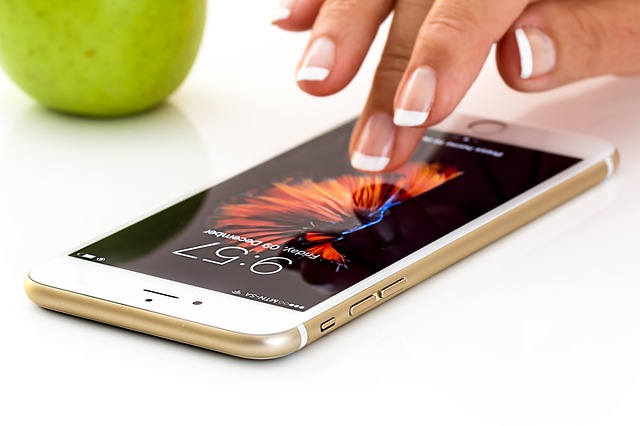Smartphone Security: Are You Following the Most Important Security Rules?

Only a few years ago, cell phone security was one of the last things on people’s minds.
However, today, keeping your cellphone’s data safe is just as important as securing the data on your desktop or laptop computer.
In fact, given that most people carry out tasks such as their banking directly from their cell phones, it’s even more important to make sure that your cell phone is secure, especially when connecting to unsecured, public Wi-Fi networks.
There’s also the risk of having your device infected by malware, which can gain access to your device via apps downloaded from a third-party.
In other words, there are many safety concerns that smartphone users should be paying attention to. But smartphone users often fail to realise the full importance of keeping their devices safe and secure at all times.
So, to help you learn about the best ways to keep your smartphone data safe, we’ve put together a list of a few essential security tips.
Protect Yourself with a VPN
When it comes to smartphone security, another common risk comes from when you’re connected to public Wi-Fi networks or hotspots.
Most of the time, these networks are unsecured, and it’s impossible to tell who else is using the network, or whether there is anyone is monitoring your data. Not only can this be an invasion of your privacy, but it also leaves your device vulnerable to hackers who might be targeting your personal information.
Therefore, the best and easiest way to make sure that your smartphone is protected is to install and use a VPN on your device.
VPN’s keep your device secure by adding an extra layer of encryption on top of your data. This makes it impossible to track your activity or access your data from across the network.
To use a VPN, you’ll first need to choose a VPN provider that offers the services and features that you’re looking for. Then, download their VPN software and install it to your device.
After it’s installed, you’ll be able to open the app, select a server with a fast and secure connection, and then, you’ll be able to access the internet safely from your smartphone.
Below, we’ll go over a few more ways to make sure that your device is safe.
Pin Codes and Screen Locks
One of the easiest ways to secure your smartphone is to set a screen lock so that unknown users can’t access your device.
This can either be a pin code, pattern, fingerprint scan, or facial recognition scan. Although, most devices will still require that you set a pin code as a backup when using fingerprint or facial recognition locks.
Fingerprint scans and facial recognition are the most secure methods since it’s impossible for someone to simply see your passcode and then use it to access the device themselves.
Set Up Remote Wipe and Tracking Features
Today, most smartphone devices support the ability to wipe your device’s memory remotely. This is as easy as setting up Android’s Google Sync or Apple’s iCloud on your device.
Then, if you were to lose your device or have it stolen, you’ll be able to access it and wipe its data remotely from another computer or device.
Furthermore, these services usually offer other features, which can allow you to track your device, as long as it connects to the internet.
Encrypt Your Phone’s Data Storage
Another one of your smartphone’s useful security features is the ability for it to encrypt its storage.
Some devices do this by default, without the user having to do anything. However, other devices require their data storage to be encrypted manually through the system’s settings.
With your storage encrypted, if you ever lose your smartphone or device, it will be practically impossible for anyone to access its data.
Protect Your Text Messages
It’s also important to make sure that the text messages you send from your device are safe.
Fortunately, some messaging services, such as Apple’s iMessage, automatically encrypt all messages from end-to-end. This means that no one other than the sender or the receiver is able to decipher the data.
There are also other popular messaging services, such as WhatsApp, which scramble and encrypt all messages sent via the app, which can’t be deciphered or tracked by ISPs or law enforcement agencies.
Limit Unknown Connections
No matter where you go, it’s best to try and avoid connecting to any unknown public Wi-Fi networks. For this, we recommend that you disable your phone’s automatic connection setting, and make sure that you only connect to networks that you know and trust.
Any data that’s transmitted over a connection that you don’t fully control becomes vulnerable to potential bad actors. Therefore, if you absolutely must connect to an unknown Wi-Fi source, it’s important that you use a VPN and avoid any websites which aren’t protected by HTTPS encryptions.
